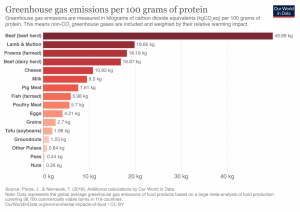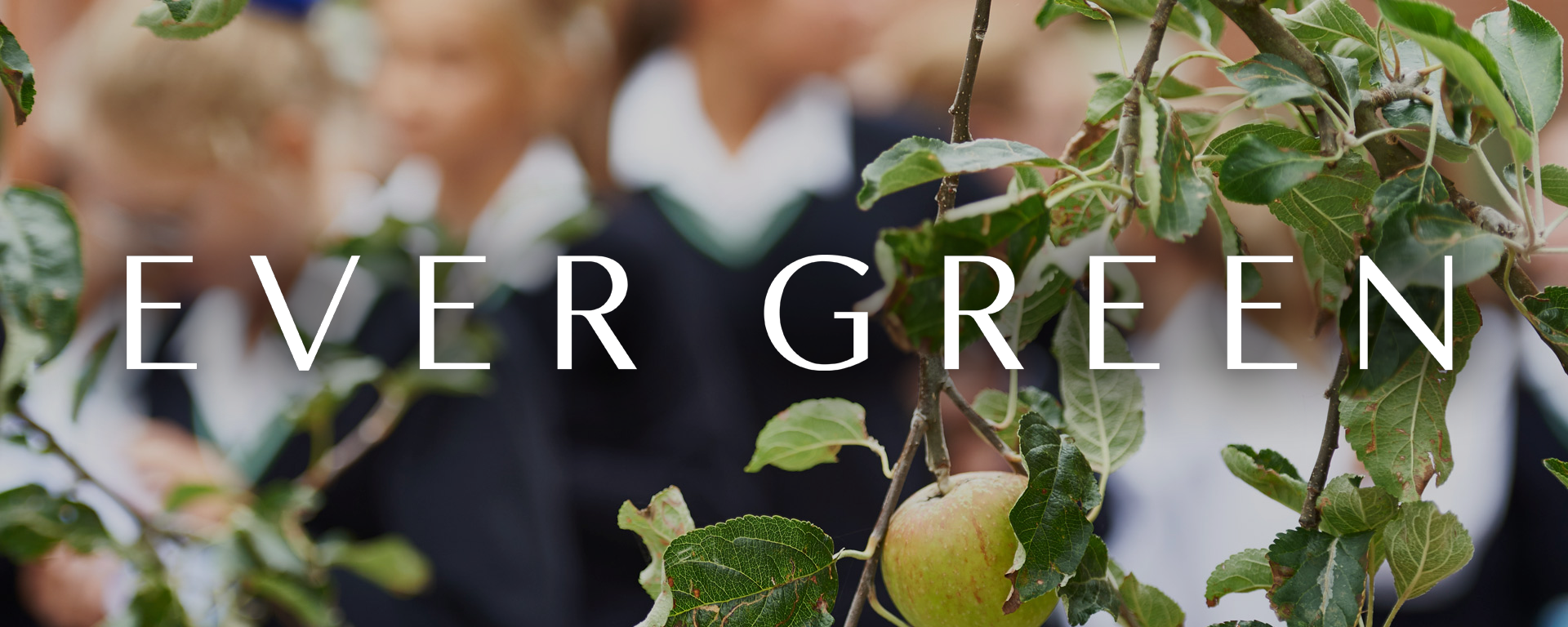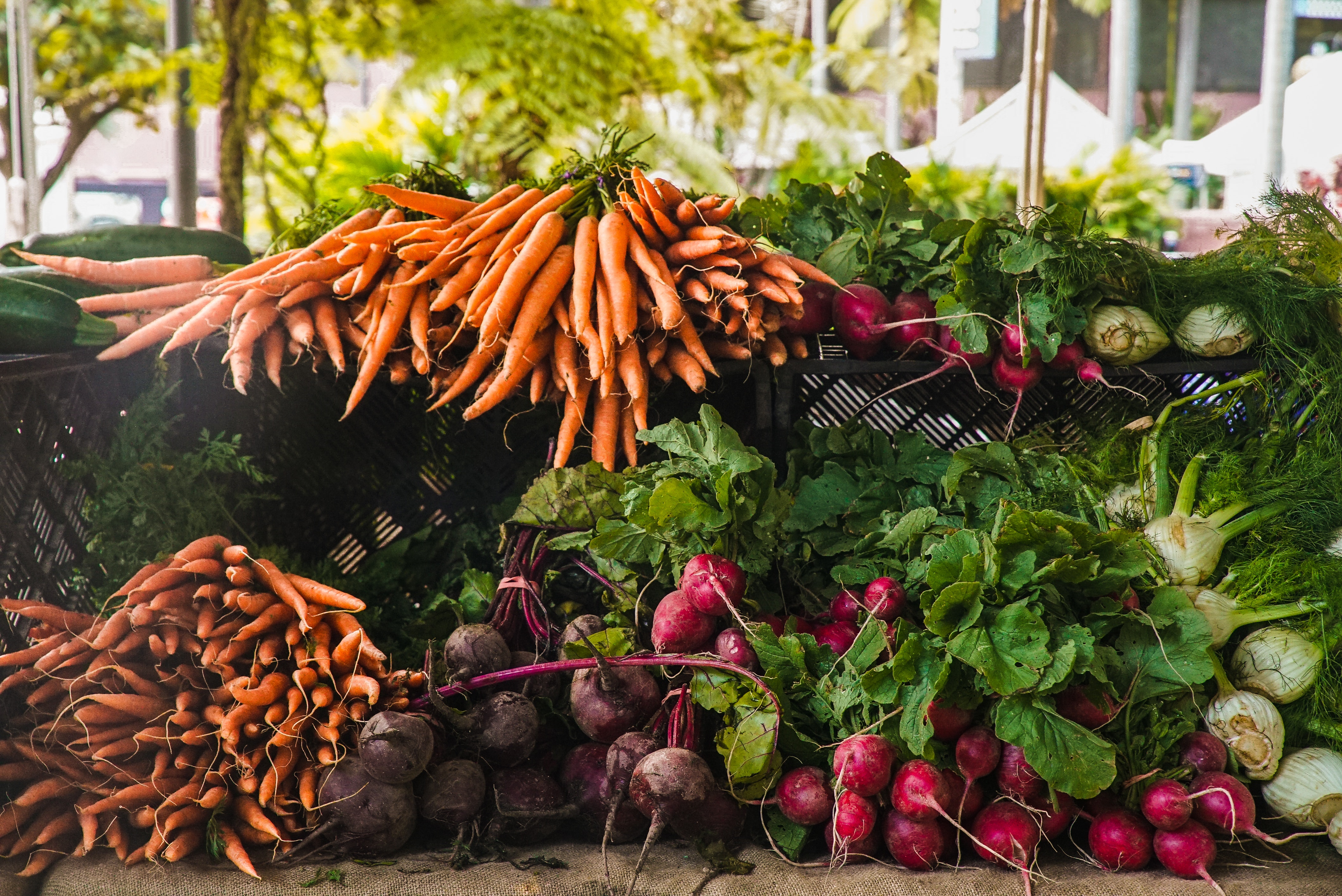Eco Thursdays – Veganuary
In this week’s edition, Sasha gives us her take on how to reduce the environmental impact of what we eat.
———-
Hello, my little Quorn nuggets,
She (I) has risen from the dead (mocks) and is ready to continue bringing environmental sparkle to your Thursdays.
Today’s topic is arguably low-hanging fruit, but at the very least it’s just that – plant-based. This is a support beam to anyone whose New Year Resolution is eating less or no meat this month or for the rest of the year (Vegapril, anyone?). You’re seen. You’re acknowledged. Greta Thunberg loves you.
Now, for context – why should we re-evaluate our relationship with meat, and its presence in almost every meal? Ethical reasons aside, the production of the vast majority of readily supplied meats is incredibly inefficient, unsustainable, and harmful. Here are some specific environmental issues:
- Livestock production accounts for roughly 30% of global biodiversity loss through deforestation, with the intent of creating space for pasture and feed crop (which could be fed directly to us). The forest destruction releases billions of tonnes of carbon dioxide [Greenpeace UK].
- Protected Indigenous Lands are taken, and illegal logging continues. Governments turn a blind eye. Many cattle ranches and soya producers have a history with modern slavery.
- Emissions:

But, Sasha, what if I can’t stop eating meat completely? you might ask. That’s okay. I promise that you aren’t single-handedly driving climate change. There are still changes you can make if you wish to reduce your food’s carbon footprint:
- Use less meat in recipes, and substitute with vegetables. Works in literally every dish. Chili? Halve the mince and add more beans. Stew? Halve the chicken and add more mushrooms. Easy.
- Research where your meat comes from – is the supplier at all dedicated to high animal welfare? Do their warehouses leach toxic waste into nearby water sources? Do they stuff their animals with antibiotics? Are they greenwashing you? If the price of the meat seems too cheap for the production chain, why is that, and which corners are being cut?
Veganuary Specials: more resources
- TED Talk: Every Argument Against Veganism. This man turned me vegan three years ago, and in this talk he debunks (more calmly than I ever could), with bulletproof logic, every case made against the plant-based diet. This is why I’m dedicating this email to my grandmother, who still, despite me very much living to tell the tale, thinks that being vegan is going to kill me.
- Book recommendation: Eating Animals – Should We Stop? Recently finished this, and if I could make even one person read it, I would be content. It isn’t vegetarian propaganda – it’s an investigative report and exploration into the factory-farm system, with accounts from workers, farmers and meat eaters. Very balanced case, and very fact-based – the information is not skewed by the author’s beliefs.
- A very good (and tried) collection of vegan recipes.
- A very good collection of vegan desserts.
- A very comprehensive guide to vegan protein sources (including vegetables and non-dairy milks).
And, finally, a reminder – you don’t have to “be there or be square” in this case. It’s hip to be square, frankly. You do not have to be vegan to eat vegan food. You’re allowed to mix and match. You can dabble in meat alternatives and still eat meat sometimes. Eating a vegan meal does not bibbidy bobbidy you into a committed, raging vegan. The point is to reduce your meat intake and do it comfortably for you. Dip your toe in the water (or the oat milk). I’m sure there will be something that you like.
I think this is enough information for today. Please do reply with any thoughts about Veganuary (I’m intrigued), any of the resources (I can send more 😎) and any questions.
Happy Veganuary and see you in Vegebruary 🙂
Bestest,
The Oatly Sales Team

